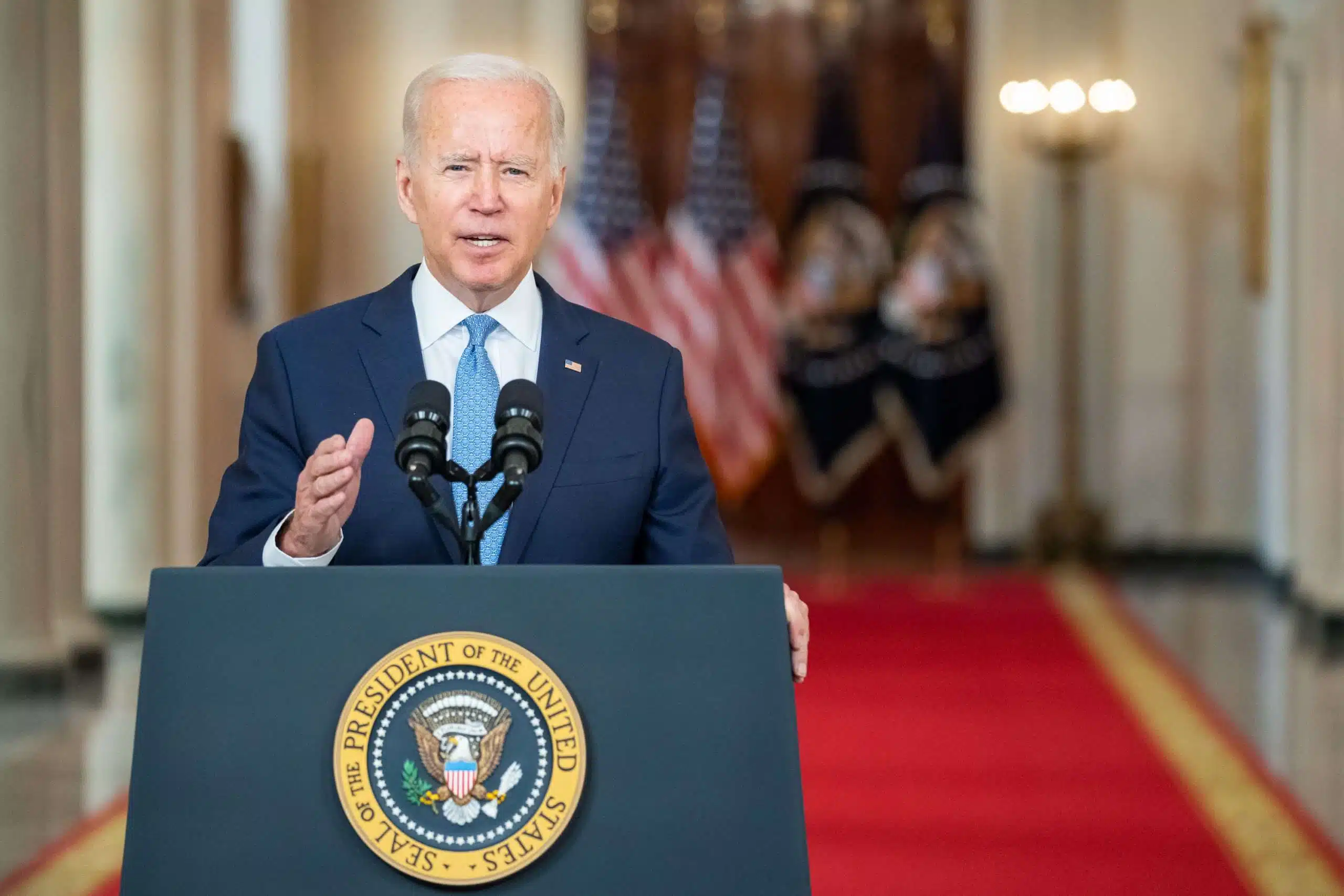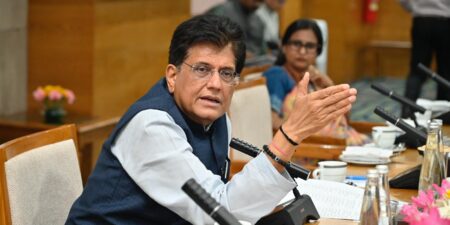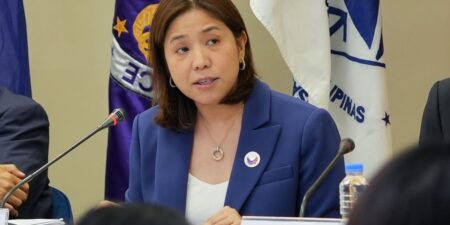The BGA Research Team led by BGA Head of Research Murray Hiebert, wrote an update to clients on U.S. President Joe Biden’s executive order limiting U.S. investments into Chinese entities.
Context
- President Biden on August 9 issued an executive order authorizing the treasury secretary to oversee and restrict U.S. investments into Chinese entities. The constraints are intended to safeguard technologies germane to national security and military innovation, including semiconductors and microelectronics, quantum information technology and artificial intelligence.
- The executive order’s implementation has been deferred, most likely well into 2024 or beyond until the new regulation is completed as the Treasury Department conducts necessary consultations with the public and allies. Separately, the Treasury Department has issued an advanced notice of proposed rulemaking and invited the public to offer comments. The department is seeking feedback on the appropriate extent of the restrictions and is orchestrating a 45-day deliberation period prior to the formal proposal of final regulatory measures.
Significance
- The scope of the executive order is limited to direct investments by venture capital and private equity firms and encompasses joint ventures, mergers and acquisitions and greenfield investments; it explicitly excludes passive securities investments. Its application is confined to artificial intelligence, semiconductors and microelectronics and quantum computing. Biotechnology and clean energy are notably omitted. The targeted technologies already fall within the ambit of existing export controls levied on Chinese corporate entities and institutions.
- Beyond mere investment constraints, the executive order includes targeted investment limitations and comprehensive disclosure prerequisites. Despite the narrow scope of investments proscribed, U.S. investors are required to apprise the Treasury Department of alternative transactions that could impact national security, such as investment in the research and development of tools that provide technical support and expand the applications of the targeted technologies. The additional information serves to facilitate informed foreign investments. This strategic approach coalesces with the Biden administration’s overarching China policy, which emphasizes risk management — via precision interventions in the technology sector — over outright decoupling.
Implications
- The immediate impact of the executive order on China’s economy and capital markets should be limited. Treasury Secretary Janet Yellen during her trip to Beijing last month said new restrictions would not harm the investment environment of either country.
- The order will likely create new concerns among U.S. firms with business in China because it comes at a time of declining economic growth and foreign investment in China. The order was announced in a period of rising tension between Washington and Beijing related to Taiwan, the Russia-Ukraine war and other U.S. technology restrictions.
We will continue to keep you updated on developments in the United States as they occur. If you have any questions or comments, please contact BGA Head of Research Murray Hiebert at mhiebert@bowergroupasia.com.
Best regards,
BGA Research Team

Head of Research
Murray is a top Asia expert and skilled researcher with three decades of experience living and working in Asia. His networks in business, media and government circles are deep and wide-ranging. He is also a senior associate of the Southeast Asia Program at the Center for Strategic and International Studies (CSIS) in Washington, D.C. Earlier he served as deputy director of the program for six years. Prior to joining CSIS, Murray served for five years as senior director for Southeast Asia at the U.S. Chamber of Commerce where he worked with leading American companies, the U.S. government and Southeast Asian ...
Read More


























